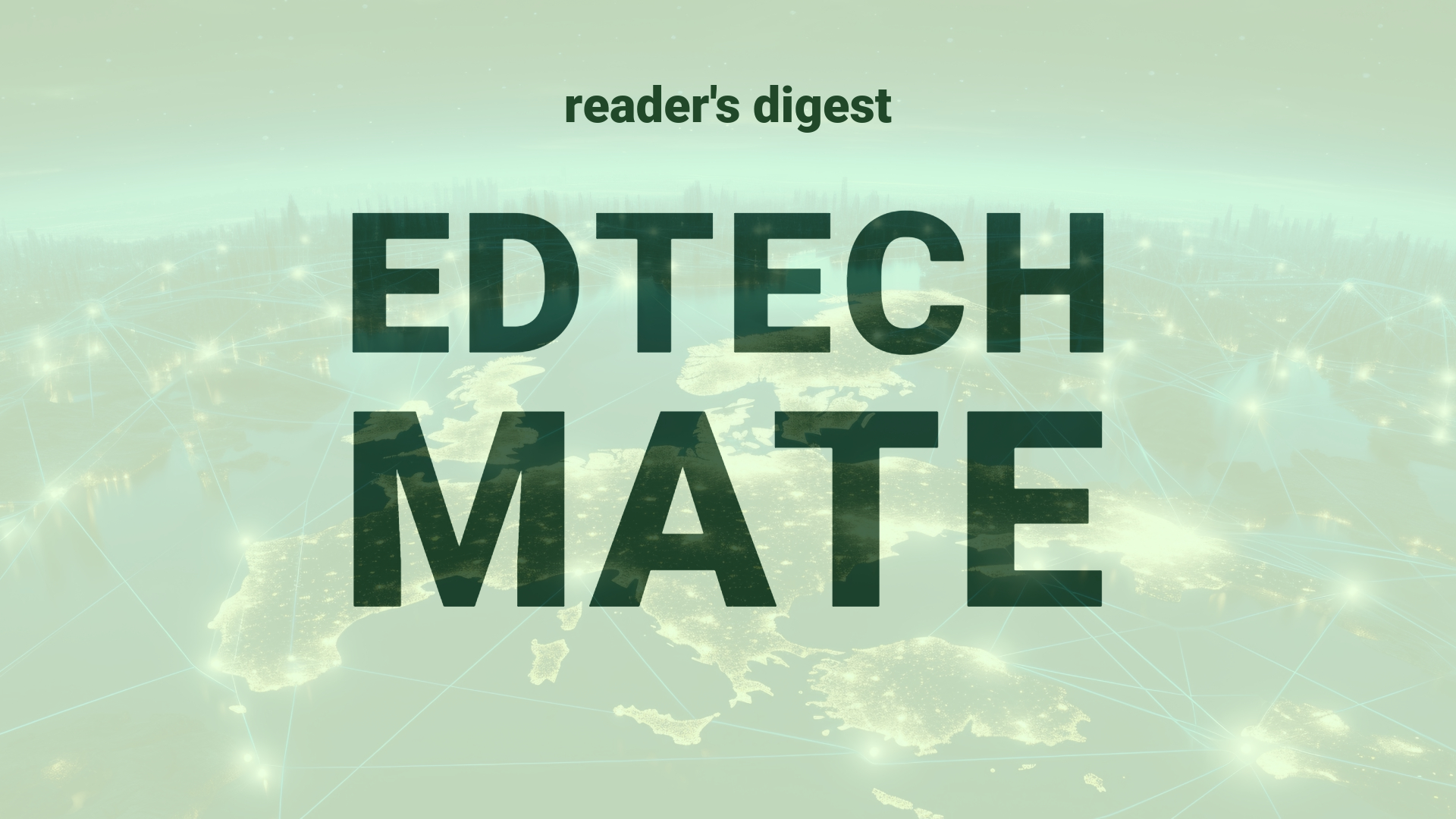Executive Summary and Main Points
Innovations and trends in international education and digital transformation are personified by the recent joint initiative between GitHub and Microsoft. They have introduced a certification series titled Certifícate con GitHub, set between June 6 to June 27, targeting technology career enhancement. The live talk series aims to assist participants in achieving GitHub’s Fundamentals certification while also providing hands-on experience with GitHub Copilot and GitHub Codespaces. Attendees have the opportunity to earn a free exam voucher on a first-come, first-served basis. Furthermore, the concurrent GitHub Challenge links with Microsoft Learn Challenge and Microsoft Build 2024, offering a focused, 30-day learning expedition on GitHub advanced tools, blending AI insights with practical programming skills.
Potential Impact in the Education Sector
The integration of GitHub certifications and Microsoft’s learning resources has substantial implications for Further Education and Higher Education. It underscores the significance of mastering cutting-edge collaboration and development tools that are becoming standard in tech education. Moreover, in the realm of Micro-credentials, obtaining GitHub certification represents a value-added proposition, bolstering employability and competence in a digital environment. The introduction of these certification sessions enhances the scope of strategic partnerships and digitalization in education, heralding a shift towards more modular and technology-integrated credentials that are highly regarded across the global job market.
Potential Applicability in the Education Sector
AI and digital tools are revolutionizing global education systems with increasing applications. The discussed initiative, including GitHub Copilot, harnesses machine learning to expedite programming tasks, which could serve as an invaluable educational aid. GitHub Codespaces offers a cloud-based development environment, introducing students to integrated workflows and real-world development scenarios. By aligning curriculum development with these tools, academic institutions can ensure that learners are well-prepared for technologically demanding workspaces post-graduation.
Criticism and Potential Shortfalls
While the initiative fosters technical proficiency, criticisms may arise regarding its accessibility and the potential disparity it could create among learners with varying resources. Additionally, there are concerns over the ethical and cultural implications of AI-driven tools like GitHub Copilot in the coding process, possibly obscuring the line between machine-generated and human-original work. Comparative international case studies indicate that not all regions may equally leverage such initiatives due to technological disparities, which could influence the outcome’s effectiveness and equity.
Actionable Recommendations
Implementing technologies such as GitHub’s certifications and tools requires strategic insights. Academic institutions should consider embedding these digital competencies within their curricula to address industry-relevant skills. It is advisable to create partnerships with tech enterprises to facilitate resource sharing and provide up-to-date training for both faculty and students. Ensuring inclusive access to these tools and certifications is crucial, potentially through funding scholarships or institutional licenses that accommodate all learners. Lastly, a clear framework on the ethical use of AI in education should be established to guide both educators and students.
Source article: https://techcommunity.microsoft.com/t5/educator-developer-blog/certif%C3%ADcate-con-github/ba-p/4143009

